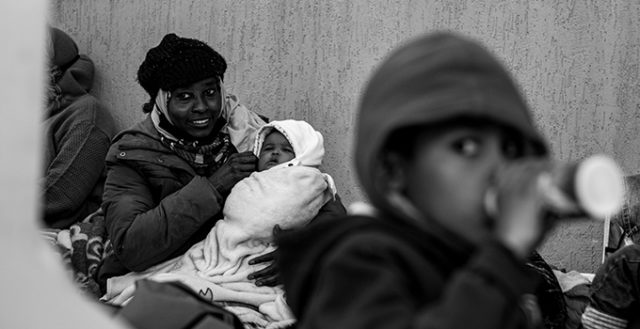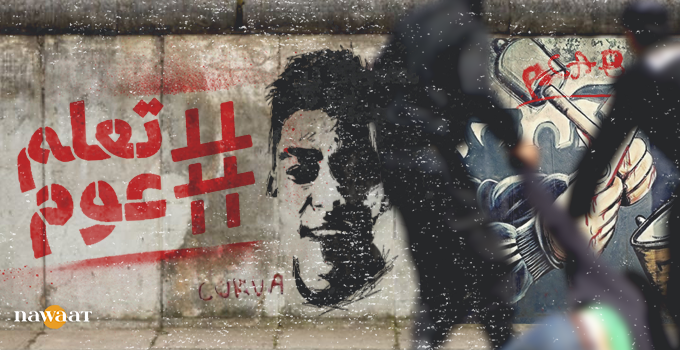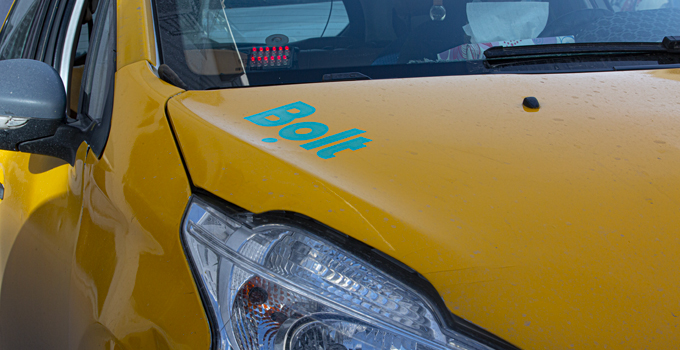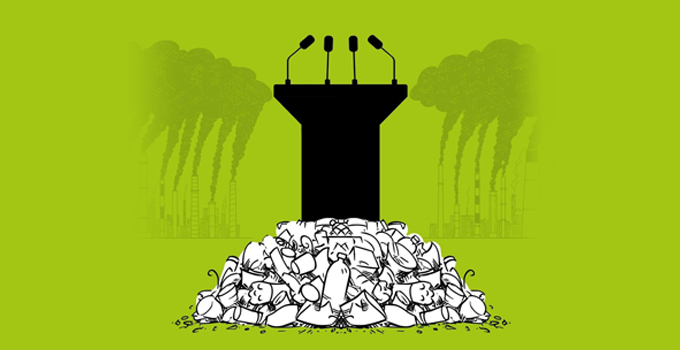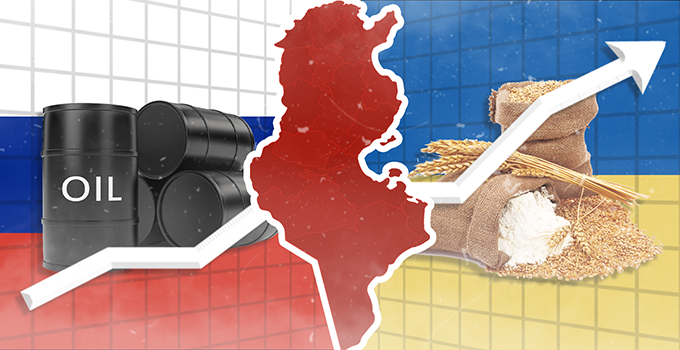The new electoral law unilaterally decreed by president Kais Saied spurred outcry among women’s rights advocates in Tunisia. In protest of the new legislation, a feminist movement formed of nine associations staged a sit-in before the Independent High Authority for Elections (ISIE). As these activists voice demands for absolute parity between men and women in the public sphere, the president’s backwards approach to equality threatens to reverse women’s political gains.






